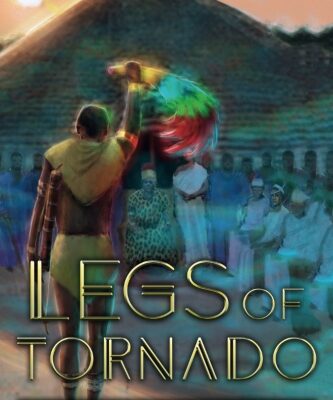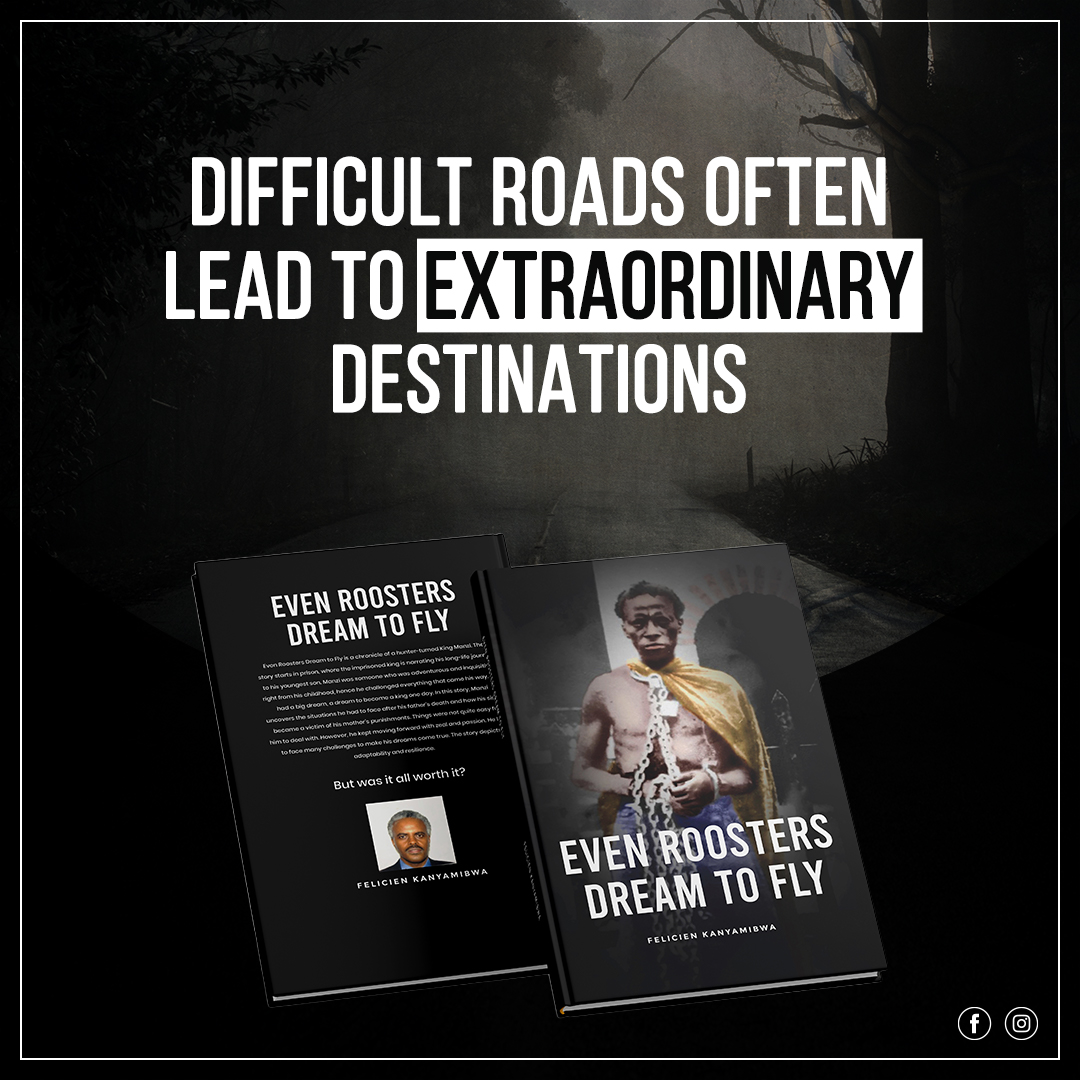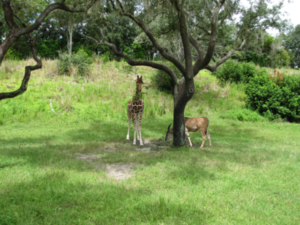Editor Note: Mr. William Church uses fallacies to launch vicious attacks on Rusesabagina.
by David O’Brian and Felicien Kanyamibwa, PhD, MqBA.
AfroAmerica Network.
Washington, DC. February 4, 2007
Let me start by being clear. America is the greatest country in the West for minorities. Nowhere in the West are minorities able, in large numbers, to achieve what the Blacks, Hispanics, Asians, and all other underprivileged have achieved here in America.
That said, I am surprised to see Mr. William Church go to lengths, even distort the truth in an attempt to make a point.
How can he dare, during the Black History Month, try to pass himself as an underprivileged, an individual in the fringe of the society. Mr. William Church says: “I am what people called in the USA a “half-breed” meaning my father is English and my mother has North African roots and Middle Eastern roots. I know about being a foreigner even in my own country and I reject the labeling of people.”
By this statement alone, Mr. William Church tries to associate himself with the underprivileged, in order to justify that his understanding comes from his status of an underprivileged American. This is a fallacy of argument ad misericordiam in its pure form, even if his claim were true.
As a “half-breed” of an English and a Middle-Easterner, William Church is a White man in America. He cannot have been labeled otherwise. If he was claiming to be a Muslim, I would understand. But as a “half-breed” of two White people, Mr. Church is a Whiteman, a Caucasian of the breed, and can only be labeled as such, unless he wants to claim that other races (non-whites) in America have reversely discriminated against Caucasians.
Now let us get to the meat of the argument of this full breed Whiteman against Mr. Rusesabagina. In his attempt to attack and obviously belittle Mr. Rusesabagina, Mr. Williams Church has violated all the rules of logic and used all possible fallacies to make his points:
Poisoning the well: M.r William Church trains journalists, yet he expresses contempt against one of the most reputed media in the world-Reuters- just because of published statements that do not fit his own perspective of what is going on in Rwanda. William Church is using the classical fallacy of poisoning the well, by shifting the attention from the merits to the source of the argument.
False Analogy: Mr. William Church in attacking Mr Rusesabagina says the following: “I asked many people one question: “What would you think if someone was touring Germany 12 years after the holocaust and said that Jews once again run Germany and that any good German who cooperates is not worth anything.” First, Jews did not run Germany, Jews did not start the war, and most importantly Jews did not conquer power in post-Nazi Germany. I would also add that Jews were among the most prominent civil rights activists in America after what they went through in Germany. In Rwanda, a clique of extremist Tutsis took power, millions of Hutus fled the country, the clique took over the entire military and political apparatus, imprisoned hundreds of thousands of Hutus, killed millions Congolese and Rwandan Hutus and persecuted moderate Tutsis. Please note that I am talking about the clique of extremist Tutsis, with the Dictator Kagame at the helm.
Genetic Fallacy: Mr. William Church says: “His [Rusesabagina] information comes to him from the diaspora political parties, many of them based in Brussels and some of them linked to extremist elements dedicated to the violent overthrow of the Rwandan government.” Is Mr. Church arguing that because those killings are denounced by those opposed to the Rwandan government, nobody should talk about it, since the origin of the accusations deserves contempt?
Fallacy of appeal to authority: Mr. Church refers to National Human Rights Commission (NRC), League for Promotion and Defense of Human Rights (LIPRODHOR), and the Federation of Leagues and Associations for the Defense of Human Rights in Rwanda (CLADHO), the diplomatic community and numerous national and international human rights organizations monitor and finally The United States to justify his claims. He forgets that many more reputable organizations, including those on his list have written, contradict him.
Argument ad misercordiam: Church says “I am 60 years old. Retired US army and have a pension and I do not have to worry about money. I do receive funding from embassies for political analysis and from investors who want risk assessments.” So Mr Church says that because he is 60 years old, Retired US army he cannot lie? Unfortunately he contradicts himself when he says: I do not have to worry about money” and yet he does receive funding from embassies and investors to write his reports. Does Mr. Church have to embellish his reports to get the investors in and embassies happy? Anyway, investment is risky. Mr Churh can always blame statistics if it turns out that Kagame’s regime was criminal after all, can’t he?
Another appeal to authority fallacy: Mr Church says: “Rusesabagina’s views on the Gacaca process are equally slanted. The facts are that the Gacaca process is supported by the international community…As a researcher and member of the international community.” Really? the same international community supported the withdrawal of UN troops from Rwanda in 1994.
The slippery slope fallacy: Mr Church says that: “If you can not provide proof then you are part of the hate speech pattern.” Mr. Church seems not to or does not want to get it: If one cannot provide proofs of one’s claims, It only means that one has no proofs or one may not be telling the truth. Period.
False analogy again and especially a fallacy of parade of horrors: Mr Church says “The Habyarimana government, following the colonial example, forced an identity on him[Rusesabagina], and he wishes to perpetuate identity politics, even though most experts agree that a cause of conflict is identity politics. Rusesabagina’s views take Rwanda back to the colonial period if not the genocide-promoting policies of the Habyarimana government.” First, Rusesabagina was a Hutu well before Habyarimana and Kayibanda, for the matter, took power. Second, Rusesabagina is not and was never in a position of political power. Third, “most experts” does not mean anything as it is another fallacious appeal to authority, except that this time Mr. Church does not even tell us who those experts are.
I could go on, because Mr Church’s arguments are full of holes and fallacies. My best fallacious argument is the following: “I have not written about that meeting or even commented on Rusesabagina, even though I am the director of a well-known think tank that covers the Great Lakes region.” Who cares whether you are the director of a think tank? What are the credentials of the think tank? What are the credentials of the director? How is the director appointed to the position? How are the credentials compared to Rusesabagina’s and his foundation’s. Why did Rusesabagena get the medal from President Bush and international recognition, not Mr. Church, the think tank, Kagame, or the Gacaca system itself?
To conclude, Mr. Church needs to revisit his articles and examine each argument against logic. He may be surprised by how fallacious his arguments are. He may find that moving beyond Rusesabagina the man, to Rusesabagina’s views would make his research more rigorous and free him from the paradigm into which a lot of the so called “experts” have locked themselves.
David O’Brian.
AfroAmerica Network Editor.
©AfroAmerica Network, February 2007.
For contact, please e-mail us: mail@afroamerica.net
Please visit us at: http://www.afroamerica.net
AfroAmerica Network is owned by AroniSoft LLC, a Delaware company. Please read the copyright and privacy notice at http://www.afroamerica.net/aronisoft.html









